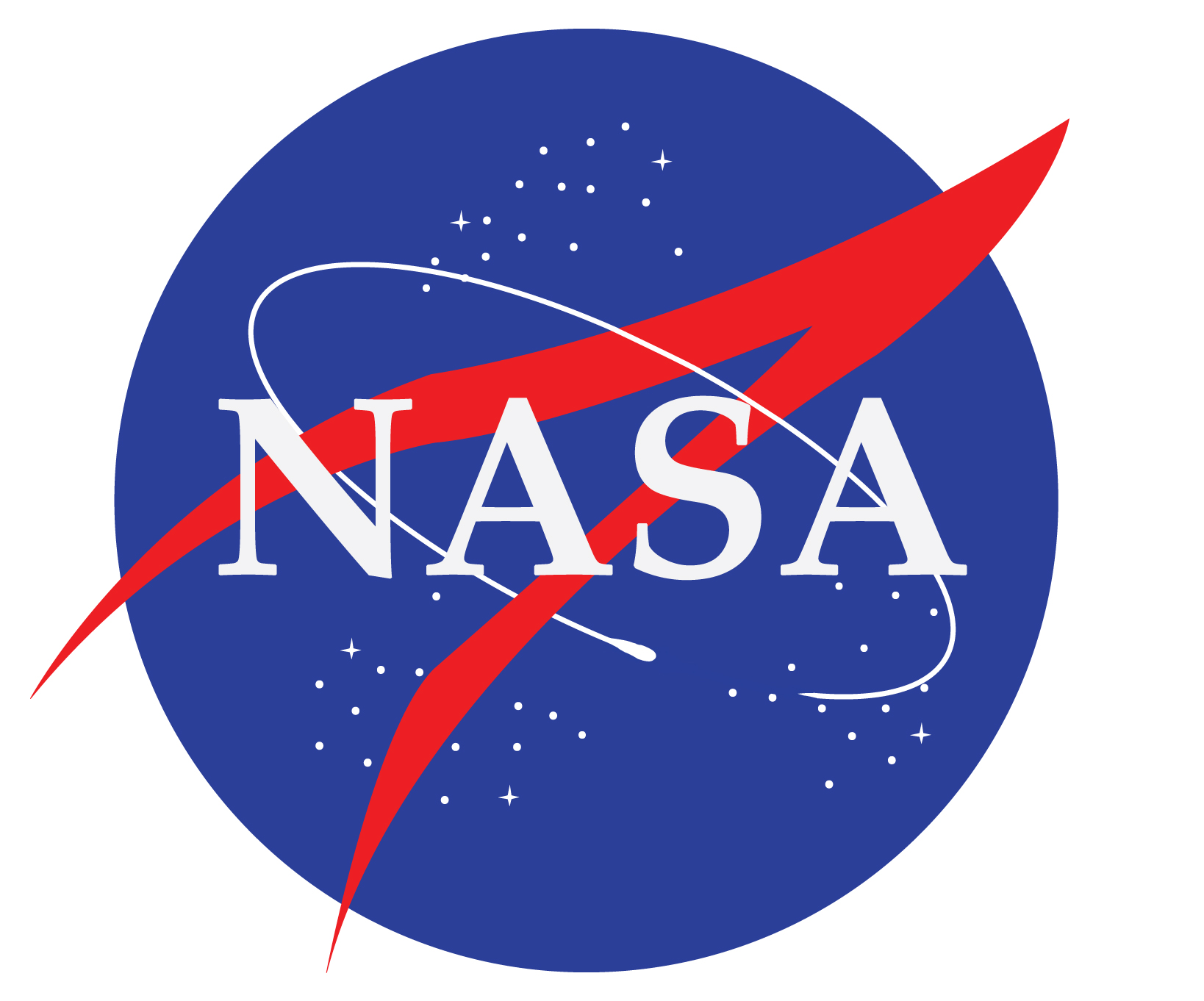Part 2 of 5 Parts (Please read Part 1 first)
#3 – Mentally fit in space, foggy back on Earth
Mathias Basner of the University of Pennsylvania carried out a study that monitored the cognition of both twins for the duration of mission. Each twin was required to perform ten different cognitive tests multiples times (preflight, inflight, and postflight). The researchers were able to track how spacefaring Scott’s mental faculties were influenced by microgravity. Using the preflight test results as a baseline, Basner discovered that Scott’s yearlong mission aboard the ISS did not significantly impair his cognitive abilities while inflight. However, after Scott returned to Earth a pronounced decrease in his speed and accuracy on cognitive tests were detected. The initial theory was that readjusting to Earth’s gravity may have caused Scott’s postflight cognitive decline, but further study is needed. The researchers also point out that the cause of Scott’s decline in performance after returning to Earth could have been due to a very hectic postflight schedule.
#4 – Flu vaccine stimulates the immune system, even in space
Emmanuel Mignot at Stanford University conducted a study that injected flu vaccine into Scott and Mark on two separate occasions. The twins were inoculated before the Scott’s mission and one year later after he had returned to Earth. On both occasions, after the vaccines were administered, the twins showed similar increased immune cell responses to the flu. When flu vaccines are administered, weakened or dead flu virus cells are injected into the bloodstream. This stimulates the body to produced antibodies that seek out and destroy viral cells. This prevents healthy flu cells from multiplying and overwhelming the body’s defenses. The similar immune responses of the twins suggested that space travel does not prevent the flu vaccine from producing the desired immune response.
#5 – Inflammation increases while in space
Mike Snyder of Stanford University conducted a study that investigated whether or not space affects inflammation in the human body. Snyder used blood tests to measure lipids (fats) and cytokines (proteins in the blood that are well-known indicators of inflammation). He was able to compare how the inflammatory responses of the twins differed while Scott was at the ISS in orbit. The researchers found multiple lines of evidence suggesting that Scott’s body was more prone to inflammation in a microgravity environment that Mark’s was on Earth. The team discovered that Scott had altered levels of a lipid panel taken in space, indicating increased inflammation in his body. The researchers also found that a certain group of Scott’s cytokines were elevated before the flight and they remained elevated throughout the mission. In addition, another group of Scott’s cytokines remained elevated for six months. The study also showed that Scott’s body experience an increase in some proteins that are known to help regulate normal insulin activity. Since inflammation can cause insulin resistance, the increase in Scott’s proteins may have been a counter-measure carried out by his body to help combat the insulin resistance associated with inflammation.
Please read Part 3 next
